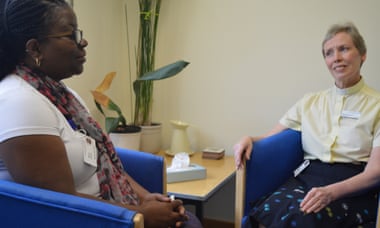I started a computer game last night that spoke to the times in an interesting way. No, not The Walking Dead or Plague, Inc.: it’s The Stanley Parable (and it’s free for a limited time as of this writing on Epic). Sure TWD and Plague, Inc. certainly share the paranoia and dread of today, but The Stanley Parable deals with something that has affected us all around the world, and that choice – and the lack thereof. Without giving too much away, TSP is game in which the isolated protagonist office worker Stanley discovers that he has suddenly stopped receiving directions from his boss. The parable that ensues makes you consider whether or not the choices you make are really your own and how much control do you have of the story being told – if there even is a story.
I’ve been very aware of choice over the past week, as have all of us I expect. We are all now much more limited in where we can go and what we can do. Some choices are made for us, like what stores are open, and others are made on our own. Others’ choices impact our own lives as well, from refusing to follow precautions to hoarding paper towels. The idea of choice and the lack thereof has impacted my life most significantly in my work as a hospice chaplain and bereavement counselor. Continue reading


 I had a request from one of the facilities we serve to visit one of their residents. This man had some tremendous losses in the past year. His wife, who had dementia, had died rather suddenly some months ago. He also had a stroke which affected his speech and mobility, requiring him to move in to the facility as well. I spoke with his daughter before visiting and she spoke of how concerned she was for him, saying he had talked with his physical therapists about how depressed he was.
I had a request from one of the facilities we serve to visit one of their residents. This man had some tremendous losses in the past year. His wife, who had dementia, had died rather suddenly some months ago. He also had a stroke which affected his speech and mobility, requiring him to move in to the facility as well. I spoke with his daughter before visiting and she spoke of how concerned she was for him, saying he had talked with his physical therapists about how depressed he was. 




